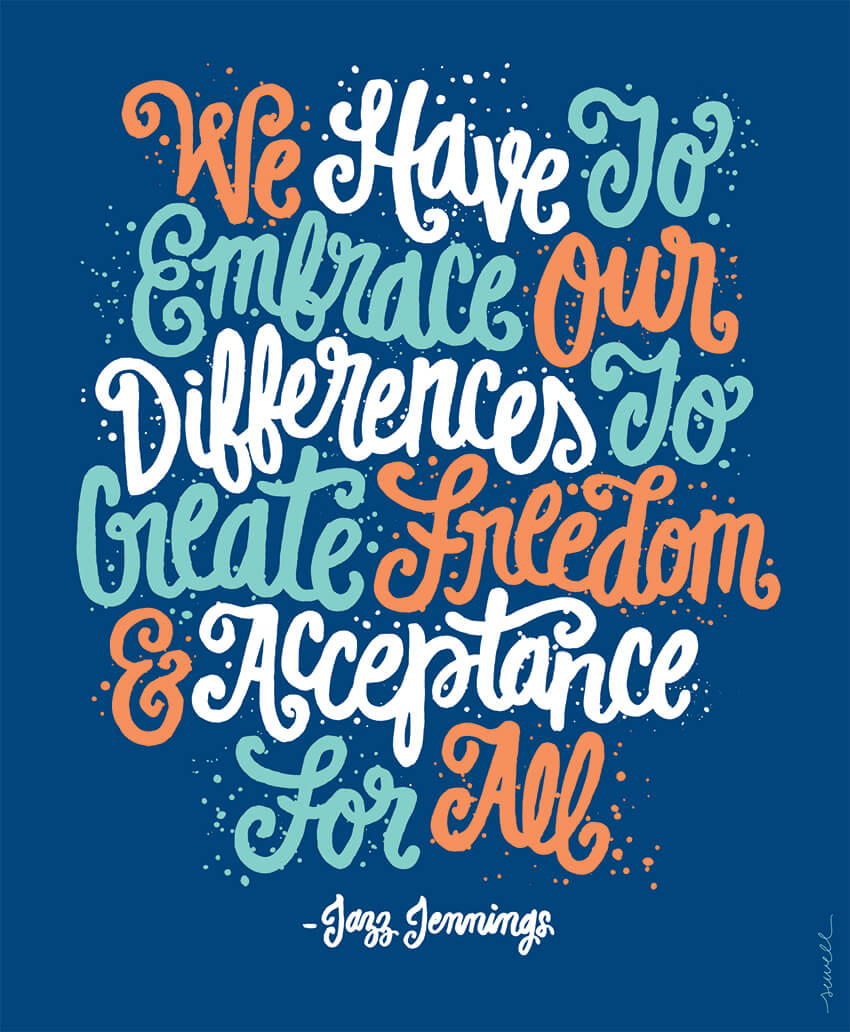Windows and Mirrors - Evolving Language - Florence Sprague - October 2023
 I will never claim to be the most up-to-date on the evolution of the English language. New slang is constantly surprising or mystifying me. I will also admit to being a bit of a curmudgeon in defense of “good” grammar. Still, there are changes to terminology I see and hear used with diversity topics that seem positive.
I will never claim to be the most up-to-date on the evolution of the English language. New slang is constantly surprising or mystifying me. I will also admit to being a bit of a curmudgeon in defense of “good” grammar. Still, there are changes to terminology I see and hear used with diversity topics that seem positive.
This begins, of course, with the move from talk of diversity to inclusion and equity, and now belonging. This change in language reflects the realization that numbers or mere presence is not an accomplishment to be sought. What is needed is a truer meshing of groups.
One good source of teaching resources on DEI has long been the magazine, now providing online resources, for educators from the Southern Poverty Law Center. This was called Teaching Tolerance; it is now called Learning for Justice. This reflects the reality that tolerance is much too minimal a goal. Who feels good when just “tolerated.” It makes me think of a younger sibling tagging along with the big kids. They may be tolerated, but often are not truly included. Fortunately, society is now ready to be more attuned to a larger goal—justice.
So, am I “woke?” Ouch—that term has become tainted by so much partisan rhetoric. What began as simply meaning “alert to racial prejudice and discrimination,” which I try to be, and I hope we can all try to be, to being charged with any scary change that can be used to frighten people and inflame reactions, without regard to accuracy or fairness. I want to be alert but not scary to others. Is that possible any longer, or will I be seen as a traitor to someone whatever I say?
There is also the chicken and egg question when looking at the evolution of language. When does language lead and when does it follow wider societal changes in attitude? In calmer times it can lead, as when a new term, or a new use of an old one, catches one’s attention, causing a pause to think about just what is meant. At other times, language is playing catch-up. Here I think of pronouns and how their meanings are being rejected, replaced and still evolving as society looks for clearer ways to speak of and respect identities that have historically been invisible.
The words we choose to use can reveal or they can conceal. They can remind us to keep working on improvements and not letting them slide. They can tear down individuals or entire groups of people. What matters is not how many letters are listed in an acronym; what matters is that we care about people and the realities of their lives. What matters is that we are all in “this” together and it is a lot of work to make the rules of society apply fairly to everyone. We can start by taking a deep breath, counting to ten and listening to one another. Potato, potahto—We can’t call the whole thing off.
